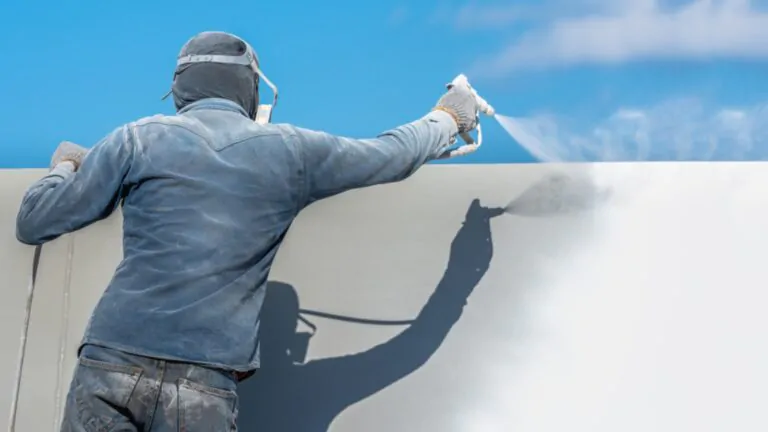A joint statement from leading green construction organizations raised concerns about the increasing use of chemicals and antimicrobials in building materials.
There has been a surge in antimicrobial building products, such as countertops and doorknobs, during the pandemic. But experts warn that they may actually do more harm than good.
Bombarded with chemistry
The statement examines the main areas of concern regarding the use of such antimicrobials and other chemicals, their effectiveness and their possible side effects on human health and the environment. The harms are known, the benefits not proven.
The joint statement also points the finger at the misleading marketing of such products.
In recent months, there have been more advertisements for chemicals and disinfectants being offered to families with the promise of preventing the spread of Covid-19.
While most of these seem harmless, more dangerous chemicals could be released into homes if an evidence-based approach is not taken.

Antimicrobials in homes: uncertain benefits, certain harm
The statement states that the possible environmental and health effects of these chemicals are unknown.
“Unfortunately, the science behind antimicrobials in building products and architecture it doesn't live up to the marketing claims,” he said Tom Bruton, one of the authors of the statement and a senior scientist at the Green Science Policy Institute. “Indeed, these antimicrobial products may provide a false sense of protection from the new coronavirus while posing other health threats.”

The most used antimicrobials
There are many antimicrobials used in building materials and other household products. Among the most common chemicals are compounds of quaternary ammonium, which have been associated with asthma.
Others include the triclosan, which can affect how hormones work and has been banned in products such as hand soaps, but it is still allowed in building materials.
“Architects, designers and building owners should take a precautionary approach and avoid unproven solutions with known harm,” he says Gina Ciganik, CEO of Healthy Building Network.


